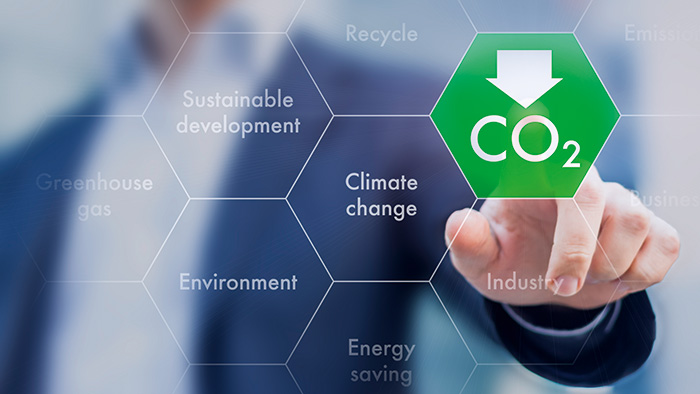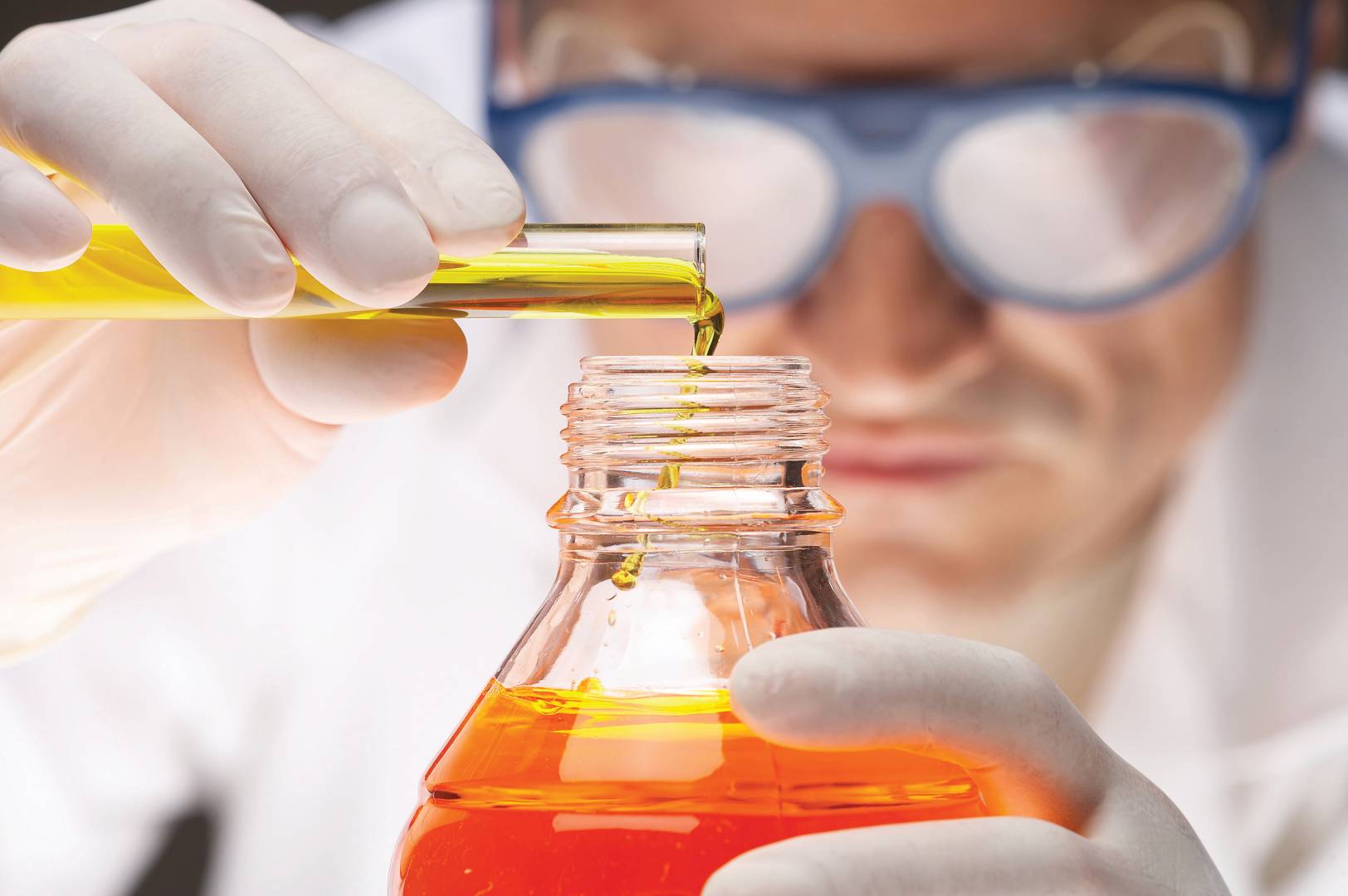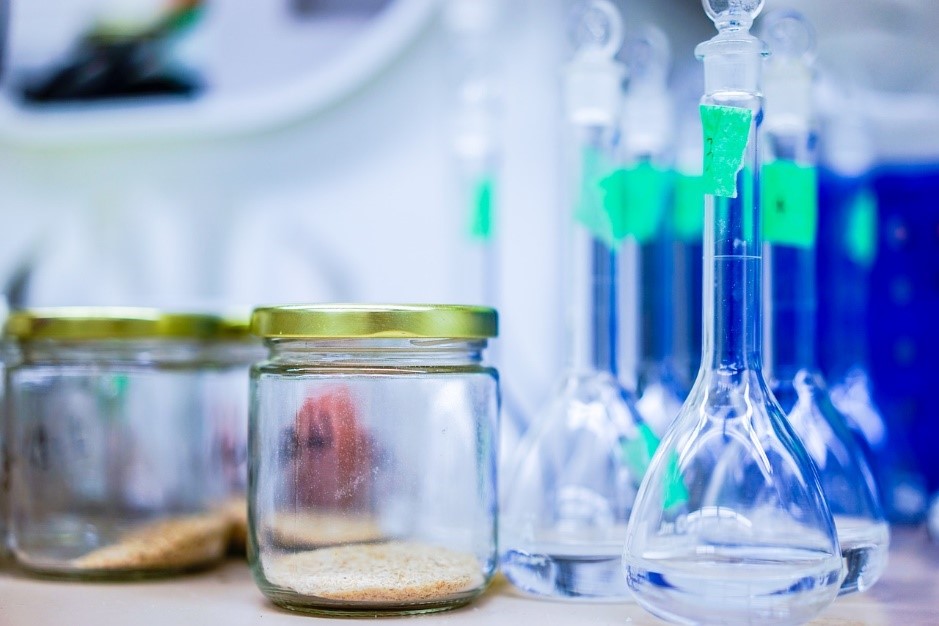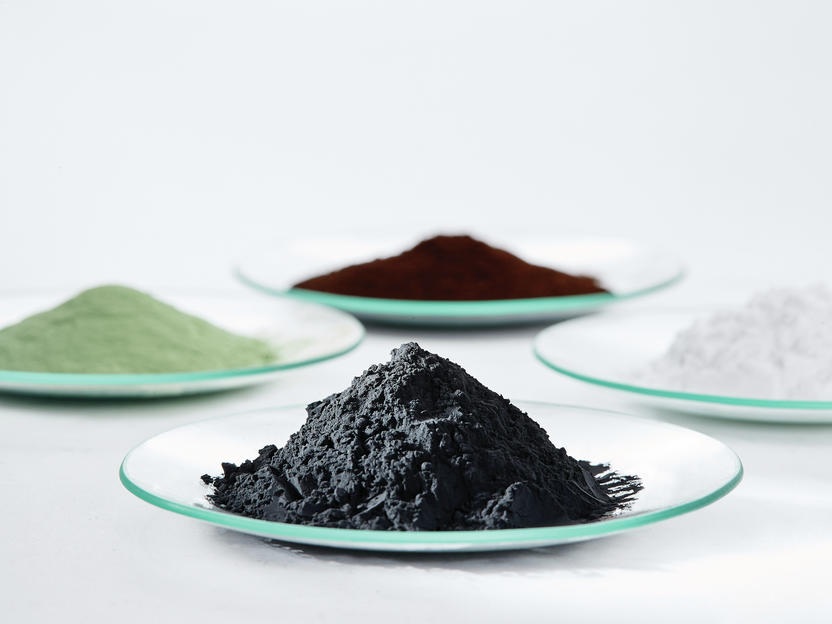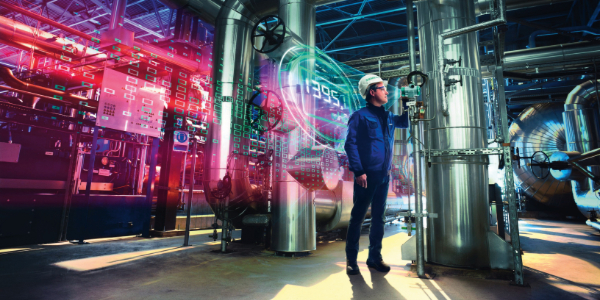Advanced Plastics - Paving a way for a sustainable future
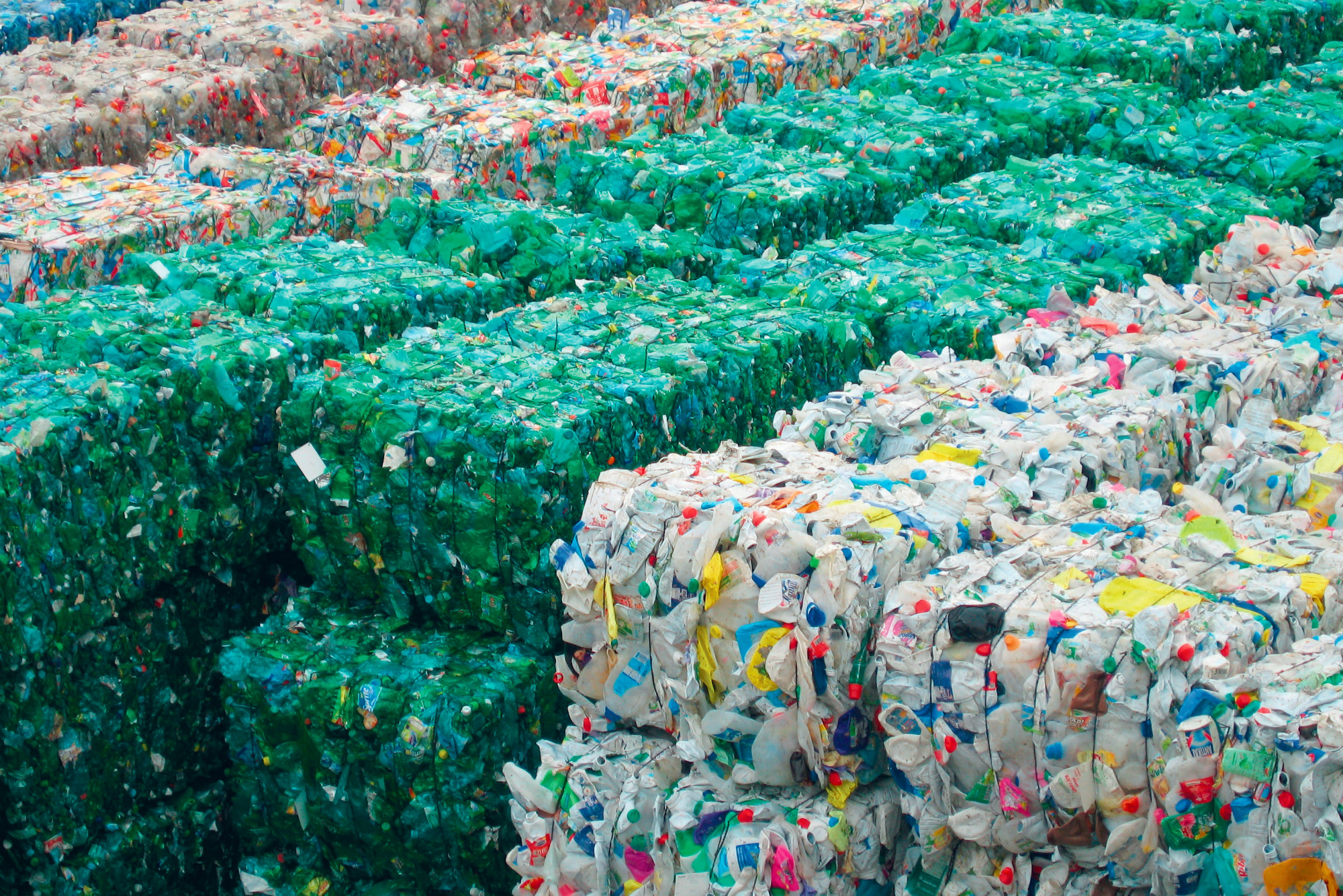
“It's critical to remember that the circular economy goal can only be accomplished by treating used plastic as a resource rather than a waste, and by deploying modern recycling technologies that 'keep the molecule in play' and retain materials at a marketable value.”
Plastic has been lauded as a miraculous substance since its inception. Plastic mass production became successful and revolutionised consumerism in a post-World War II generation after 80 years of innovation involving disciplines from industry and academia. Plastic, although being a simple synthetic polymer made up of small molecules (monomers) connected in a repeated pattern, has a wide range of qualities, including corrosion resistance, light weight, high strength, transparency, low toxicity, and durability. Plastic is the ultimate convenience commodity, used by practically every business on the planet, from food packaging to space exploration. Polyethylene terephthalate (PET), polyethylene (PE), polypropylene (PP), polystyrene (PS), and polyvinyl chloride (PVC) are some of the most well-known plastics (PVC).
ADVANCED RECYCLING: AN UNMATCHED CHANCE TO MOVE INTO A CIRCULAR ECONOMY
Technical obstacles such as contamination of recyclable polymers, modification for specific uses that prevents collection, separation, and reuse, and the quality and complexity of plastics consisting of various polymers and additives are all factors that contribute to low recycling rates. With global plastic demand expected to triple by 2050, the overall contribution of plastic trash to the supply chain will need to drastically change.
By turning polymeric waste into virgin-grade feedstock, which can subsequently be utilised to generate new materials and chemicals of virgin-grade quality, the recycling and petrochemical sectors can play a major part in the transition to a circular economy. However, the nation's current conventional recycling equipment is being stretched by an ever-increasing number of plastics that cannot be managed only through traditional mechanical recycling. A circular economy requires novel technologies such as advanced recycling, also known as chemical recycling, to successfully recycle enormous amounts of plastic trash.
At the molecular level, chemical recycling, such as pyrolysis or depolymerization, breaks down polymeric polymers into their constituent monomers, which can then be utilised as feedstock or raw materials to manufacture new goods of equal or superior quality.
Out-of-date regulations and permitting frameworks that don't keep up with technology constitute a barrier to innovation and can stymie sophisticated recycling initiatives.
Plastic Before COVID-19
Prior to the COVID-19 epidemic, the issues surrounding plastics—poor waste management, end-of-life problems, and the resulting carbon footprint—were gaining support as important issues that needed to be addressed for a more sustainable future. The globe had finally begun to move toward circular economy value chains, and while still far from comprehensive, tangible efforts had begun to alleviate the previous linear system's environmental problems.
Governments around the world were enacting laws and programmes to improve plastic waste management, limit single-use goods like shopping bags and straws, and discover alternatives to petroleum-based plastics. Companies like PepsiCo and Coca-Cola set voluntary targets to boost the usage of recycled plastics in their operations.
However, the COVID-19 pandemic has wreaked havoc on not just our lives, but also on how the rest of the world views plastic. Personal protective equipment (PPE) and other plastic products have become critical in avoiding the spread of the virus, driving up demand and emphasising the need to address plastic's long-term sustainability.
The Pandemic and Plastic
As COVID-19 expanded over the world, countries found themselves unprepared and unequipped to deal with the outbreak. PPEs such as face masks, gloves, gowns, goggles, and face shields are used by healthcare personnel to protect themselves and their patients from being ill and infecting others. Due to PPE shortages caused by high demand, panic buying, stockpiling, and abuse, frontline employees were critically under-protected in the fight against the epidemic, putting their lives at risk.
One single hospital in New York City had to boost its orders for face masks from 20,000 to 300,000 per week during the initial COVID-19 wave. The World Health Organization forecasts that 89 million surgical masks, 76 million examination gloves, and 1.6 million goggles will be needed each month to respond to the COVID19 issue, and that manufacturing capacity will need to rise by 40% to satisfy this demand.
RECOMMENDATIONS FOR IMPROVING RECYCLING TECHNOLOGIES
Improve the collection's economics. Even if enhanced recycling technology were commercially adopted, many of the current recycling system's issues, such as collecting, sorting, and processing, would remain. Low municipal solid waste management budgets and insufficient investment in collection infrastructure fail to pay operating costs. Increasing the value of post-consumer plastic packaging through packaging fees or recycled-content legislation could help to motivate waste plastic collection and lower the likelihood of leakage from the collection system.
Ensure that regulatory and permitting frameworks are updated
Out-of-date regulations and permitting frameworks that don't keep up with technology constitute a barrier to innovation and can stymie sophisticated recycling initiatives. Chemical recycling is hampered by advanced recycling technologies that are designated as waste disposal rather than manufacturing processes, which reduces economic prospects to repurpose plastics for feedstocks that can manufacture higher-value products.
Policies should properly define and demarcate commodities from waste, ensuring that post-consumer plastic feedstock meant for advanced recycling is not categorised as "solid trash" and that the facilities that create it are allowed to do so.
Encourage the use of an integrated waste management system.
An integrated waste management framework is essential for sustainable materials management since it strives to speed transformational change in order to reach aggressive recycling targets. The government should promote circularity initiatives that go beyond the typical attitude of reduce, reuse, and recycle to include a more progressive approach that encourages recovery, redesign, and remanufacture. Chemical recycling expands our ability to process and recover non-recyclable plastic trash, ensuring that more polymers are reprocessed into higher-value goods, recaptures the value of plastics by "keeping the molecule in play," and decreases the need for primary recycling.
For a better grasp of sustainability indicators, incorporate life-cycle elements into waste management methods.
Although present approaches and techniques for analysing and comparing a product's or process's environmental and social implications are not well suited to chemical recycling, incorporating a life-cycle component into all waste management strategies in the waste hierarchy can objectively inform decisions and speed the transition of innovations to higher degrees of technology readiness.
Initiate a national study of the expected quantities and varieties of plastic garbage.
To strategize and support the construction of adequate regulatory and investment conditions for conventional and advanced recycling technologies, the government should commission a national research that estimates and analyses projected polymer waste streams and their compositions at the national level. The study should include recommendations for improving national data collection, quality, and reporting, as well as assuring the consistency of recycling and waste management definitions, words, and language.
Plastic's Long-Term Sustainability
A new paradigm is required because today's plastics can persist hundreds of years in the environment and, even when degraded, they never completely leave our ecosystems, but remain here as tiny bits or particles. Achieving a long-term sustainable future for plastic would include a shift to truly circular value chains, as well as a greater focus on plastic composition through smarter polymer design to improve recyclability and the development of bio-based alternatives—a process that will necessitate much deeper integration along value chains and active participation of all stakeholders.
Bioplastics must obviously mimic the qualities of ordinary plastic, which they do for some items, but they are typically more expensive per pound, preventing widespread use. Costs are being driven down by innovation and economies of scale. It's also worth noting that, while the costs of fossil-based plastics are determined by oil prices, which fluctuate over time, the costs of bio-based plastics are determined by biomass prices, which are more stable. PLA (polylactic acid) made from corn starch or sugar cane and PHA produced by microorganisms from organic resources such as food waste, crop residues, and waste oil are the two most widely used bioplastics today.
Major Market Highlights:
- Amcor PLC launched the first container for Ritual Multivitamins (US) manufactured entirely of 100% Post-Consumer Recycled Content (PCR) resin in February 2020. PET beverage bottles that have been consumed and then recycled to make a new product are among the recycled materials utilised in PCR. PCR serves to support the recycling infrastructure while also lowering the demand for virgin resins.
- Sealed Air Corporation announced a new version of their bubble wrap brand packaging in January 2020 that contains at least 90% recycled materials. This form of bubble wrap brand packaging is made using recycled content taken from post-industrial materials that would otherwise end up in landfills.
- Sonoco ThermoSafe, a division of Sonoco Products Company, announced the launch of Orion R, a high-performance temperature-controlled box rental service, in October 2019. It is made of lightweight, tough EPP (Expanded Polypropylene), which is far more reusable than existing rental parcels and allows the pharmaceutical supply chain to distribute small parcels globally in a cost-effective and sustainable manner.
Conclusion: Moving towards a sustainable future
Plastic has become so pervasive in our lives that it is difficult to picture a world without it. However, a lack of post-use concerns, high recycling costs, and a large carbon footprint have made plastic a victim of its own success, resulting in a global sustainability and environmental disaster. This is an issue that is exacerbated by the ongoing COVID-19 pandemic, which has resulted in a large increase in plastic consumption as a result of the virus. While governments and the general people in wealthy countries are becoming more aware of these difficulties, fast population growth and other concerns in emerging and developing economies are obstructing knowledge.
The problem of plastic waste will not be solved solely through technological means. The only way to successfully transform the system and transition to a circular economy is to enhance the economics of collection and sorting. Investing in developing technology, changing consumer behaviour, designing for circularity, and utilising fiscal tools, regulatory norms, and voluntary actions across the entire value chain are also critical. Whatever form it takes, a circular economy will need to be supported by educated and balanced policies that keep up with technology over its entire life cycle and account for impacts across the global supply chain.


